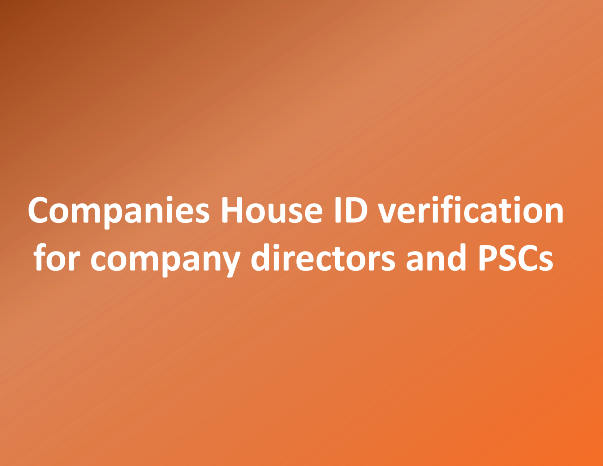
We are pleased to bring you this article from Avensure, one of our employment law partner companies.
Ah, remember Brexit? With the coronavirus pandemic it seems like a lifetime ago. However, just by way of a quick refresh, the UK’s membership of the EU ended on 31st January 2020 and with that will come huge changes to immigration and the right to work in the UK.
In this article we look at some upcoming important deadlines for employers, what they mean in practical terms for businesses and how to prepare.
What is happening regarding workers from the EU?
The ‘Brexit transition period’ ends on 31st December 2020.
An EU citizen must have entered into the UK by this date (at 11.59 pm to be precise) but they MUST apply to the EU Settlement scheme by 30th June 2021.
What is the EU Settlement Scheme?
Those who are EU, EEA or Swiss citizens can apply to the EU Settlement Scheme to continue living in the UK after 30 June 2021.
If their application is successful, they will receive settled or pre-settled status.
Please note - Irish citizens and those who already have indefinite leave to remain, are not required to apply to the scheme.
For more information on pre-settled and settled status see our previous Brexit article here.
Which countries are in the EU and the European Economic Area (EEA)?
EU countries are:
Austria, Belgium, Bulgaria, Croatia, Republic of Cyprus, Czech Republic, Denmark, Estonia, Finland, France, Germany, Greece, Hungary, Ireland, Italy, Latvia, Lithuania, Luxembourg, Malta, Netherlands, Poland, Portugal, Romania, Slovakia, Slovenia, Spain, Sweden
The EEA includes all of the above plus Iceland, Liechtenstein and Norway.
What about EU workers arriving after 1st January 2021?
They will be subject to the new points based immigration rules which will be introduced in the UK on 1st January 2021, this will require them to have a work visa prior to commencing work.
I employ a lot of EU citizens; can I insist that they apply to the scheme?
No, you can’t ‘insist’. After all your workers may not want to stay. They need only provide you with notice under their employment contract if they wish to leave your employment.
How am I supposed to plan my staffing levels if I can’t insist on this?
It is reasonable for employers to take necessary steps to plan and protect their businesses against staffing shortages. So, whilst you can’t insist, you can certainly ask and provide assistance.
Here are some do’s and don’ts that employers can take to manage this. For example:
- Do direct your workforce to the appropriate government guidance
- Do consider allowing time off for them to make arrangements to submit their applications or seek advice
- Do be patient. The pandemic is affecting the time taken to process applications, it is fine to encourage your workforce to apply as early as possible in order to allow for delays in processing and any technical issues.
- Don’t put pressure on them to apply – you risk claims of discrimination if anyone is treated less favourably due to their ethnicity.
- Don’t discourage them from applying because your work levels are dropping or because they are a problematic employee. If you need advice on managing reductions in the workforce or any conduct or performance issues- our experts will assist you.
- Be proactive, not discriminatory!
What happens if one of my employees applies and their application is turned down, are they automatically dismissed?
NO! There is no such thing as an ‘automatic dismissal’.
If someone has their application turned down, they can apply again providing they do so prior to 30th June 2021. They may also request an Administrative Review of the decision and there is also the right to appeal to an Independent Tribunal.
You must seek advice from our experts on this because acting hastily could not only result in potential unfair dismissal claims but very costly discrimination claims as well. Please quote your Avensure Client Account Number on all correspondence and telephone calls. 24-hour client advice line: 0330 100 8704.
The information provided in this blog is for general informational purposes only and should not be considered professional advice. As far as we are aware, the content is accurate at time of publication. Torgersens assumes no responsibility for errors or omissions in the content or for any actions taken based on the information provided.







